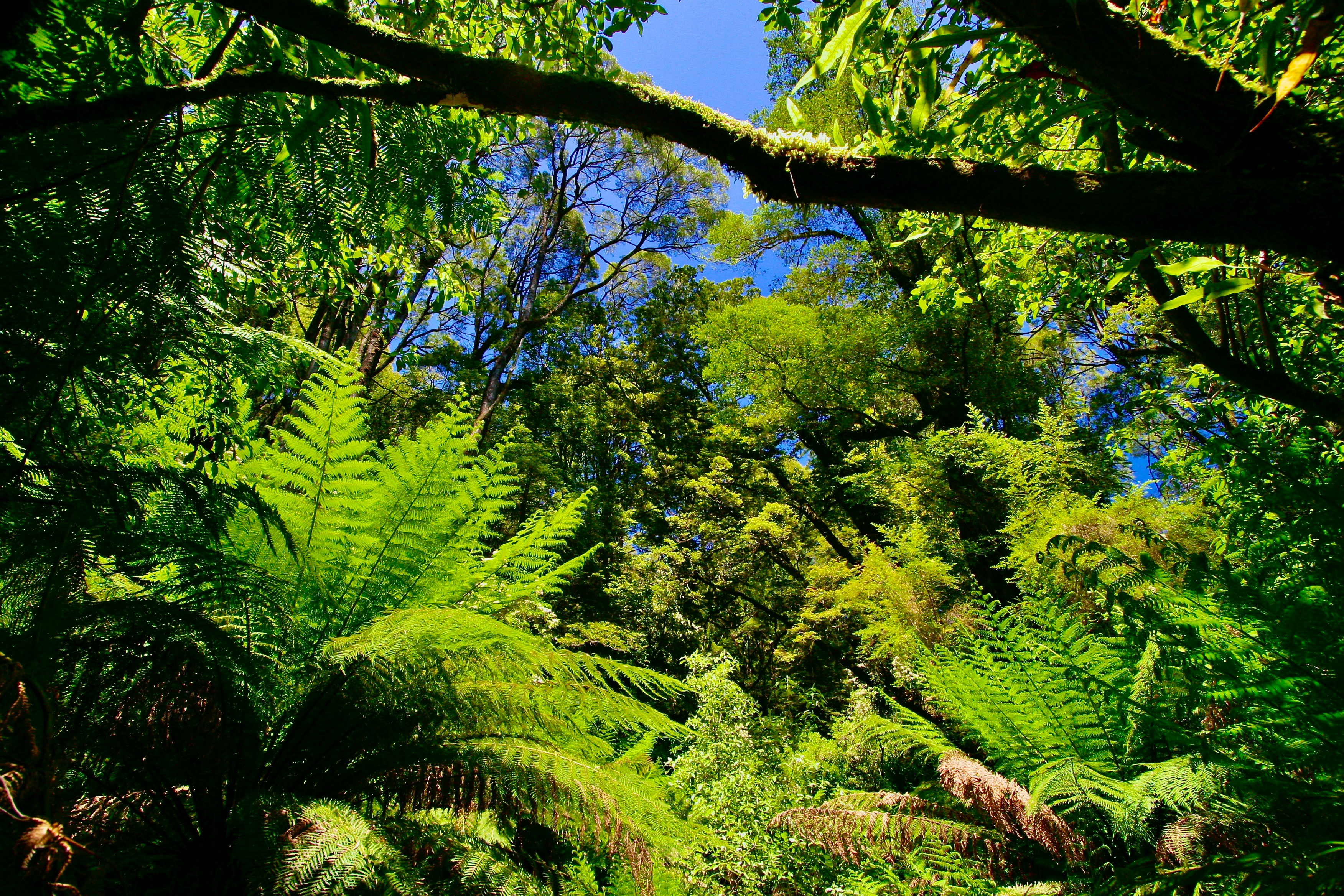Journal/
conference: Nature Cities
conference: Nature Cities
Research:Paper
Organisation/s:
China University of Geosciences
Funder:
Funding: S.H.
was supported by the Key Project from the National Social Science
Foundation of China (grant number 2021LJ10192) and the National
Natural Science Foundation of China (grant number 42171272). C.X.
was supported by the scholarship under the China Scholarships
Council program (number 202106410053).



 Australia; New Zealand; International
Australia; New Zealand; International


